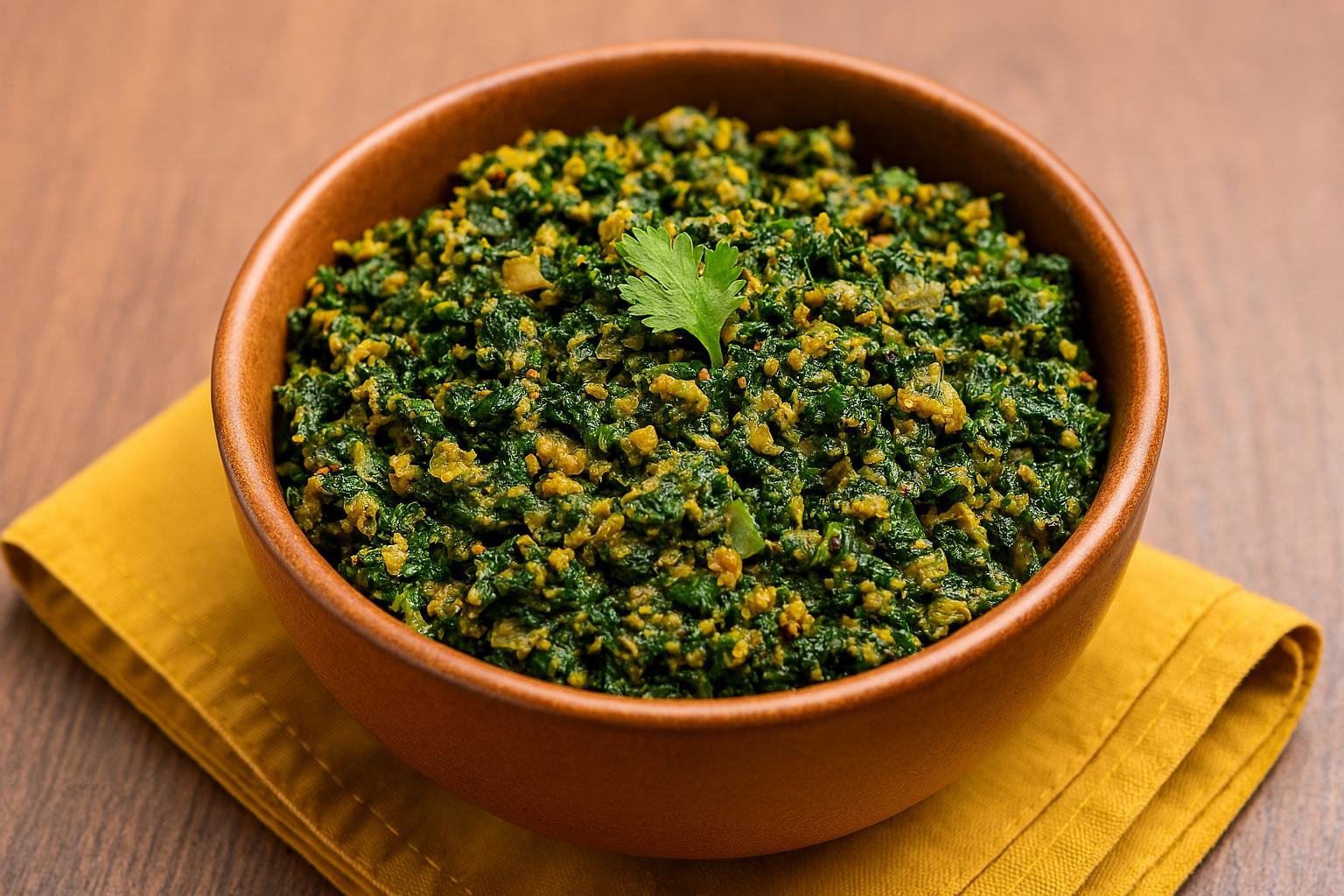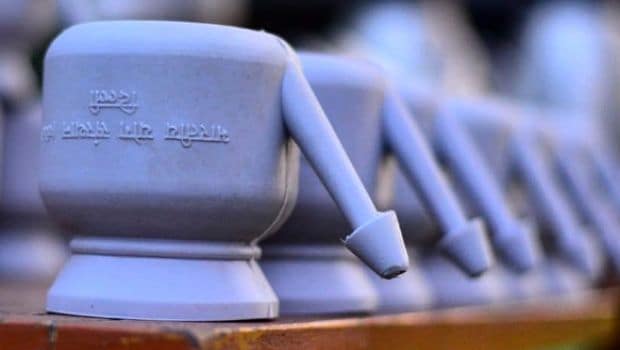Jal Neti is one of the six purification procedures or 'Shatkarmas'. According to Ayurveda Expert, Dr. Ashutosh Gautam from Manta Spa in New Delhi, "Jal Neti is a technique of cleansing your nasal path to remove the mucous and blockages, if any. It involves pouring water in one nostril and flushing it out from the other nostril helping you keep the nasal passage clean." Jal Neti is a way to cleanse your sinuses and consequently keep the respiratory tract clear of dirt and toxins. The sinus cavities get clogged with impurities which may cause inflammation, infections and other respiratory disorders.
The Many Benefits of Jal Neti Kriya1. Regular practice can help keep your nasal passage clean making your respiratory system strong.2. It is effective in dealing with asthma and makes it easier for asthmatic patients to breathe. 3. It is a great technique to keep your ears, eyes and nose away from infections.4. It is effective for people with bronchitis as it keeps the nostrils clear so you don't have to breathe from your mouth.5. It has a cooling effect on the brain by drawing out excessive heat and even relieves you from migraine.(Also read: How to do Kapalbhati: Steps and Benefits)

It is recommended to do Kapalbhati after Jal Neti Kriya
- Room temperature or lukewarm water
- A Jal Neti pot
- A pinch of salt
Mix the salt with water and pour it into the Jal Neti pot.
Yoga Expert Vikram Malik from Rasayana Yoga and Fitness suggests the following steps to practice Jal Neti:
1. This process should be done while you sit as it will help you stay calm and stable. You can also stand and bend towards the front to let the water flow in the right position.
2. Place the spout or the nozzle of the pot inside the left nostril. The cone present at the end of the nozzle should be inside your nostril.
3. Tilt your head towards the right side and open your mouth to breathe. Adjust your head to a certain point where the water flows from the left nostril into right nostril and is finally flushed out. Continue till the water in the pot finishes.
4. Fill the pot again and repeat the process again with the right nostril.
You may experience irritation in the nose, sneezing or coughing during the first few times. Yoga Expert Vikram Malik suggests that you must ensure that your nose feels dry after completing the entire process. If there is some moisture, you can practice Kapalbhati Pranayama after performing Jal Neti which will draw out any remnants.
According to Dr. Ashutosh Gautam, Jal Neti should be practiced carefully else it may have serious consequences. For instance, moisture in your nasal passage can cause infections. So, make sure your nose is dry after performing the technique. Do not ingest the water as it can give bacteria a way to enter the body and cause fungal growth. If you are practicing Jal Neti for the first time, ensure that you are fit to practice this process and even if you are, it is recommended to practice it under expert supervision.










